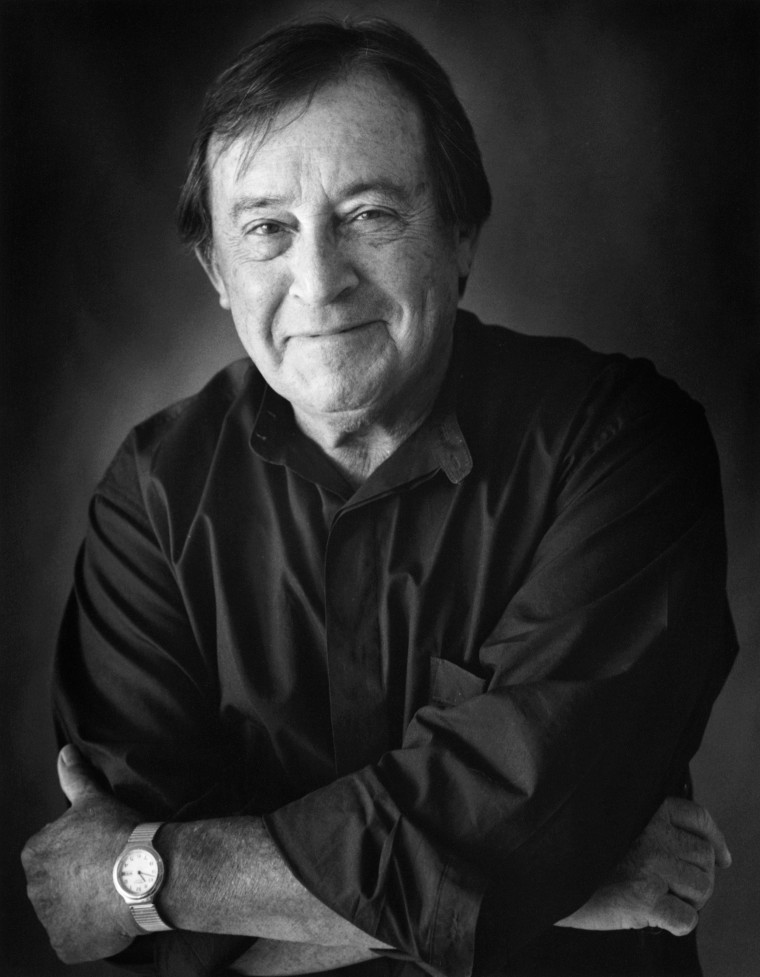Oscar-nominated writer-director Paul Mazursky, who died June 30, was revered for his even-handed satirical take on the social trends of the late 1960s and ‘70s. Called “a comic poet” by critic Pauline Kael, Mazursky's films often ended with questions — not answers.
As he chronicled social upheaval in his 17 films — and was nominated for five Oscars in the process —Mazursky commented on marriage, divorce, feminism, and sometimes even psychotherapy. Mazursky described his unique brand of satire in a 2003 interview:
"It’s a comedy of manners, satire done in a very elegant way where you have to play as much reality as possible knowing that the situation will bring the humor out."
Sign up for breaking news alerts from NBC News
Mazursky's stories depicted the urban middle class of that era and showcased many memorable characters. But it’s the women in his stories that really stood out. Mazursky led a class of filmmakers away from testosterone-filled fare such as "The Godfather" and "The French Connection" to more nuanced representations of women.
His influence on women in Hollywood lives on today. Following Mazursky's death, "Girls" creator Lena Dunham praised the director as having "created the most complex female characters." And director Lake Bell, whose movie "In a World..." follows an aspiring female voice-over artist's struggles in a male-dominated field, chose Mazursky as one of her favorite moviemakers of all time.
Assertive and rebellious, Mazursky's female protagonists were, best of all, unpredictable.
Carol Sanders (Natalie Wood) in “Bob & Carol & Ted & Alice”
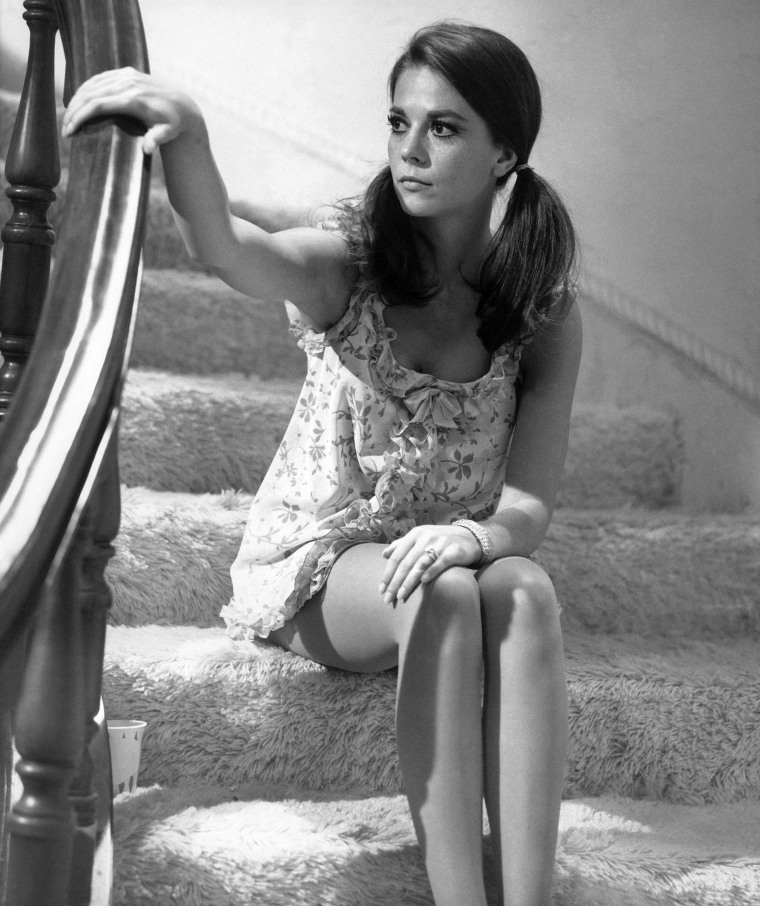
Mazursky kicked off his directorial career with a controversial, satirical look at open marriages and the New Age self-help movement in "Bob & Carol & Ted & Alice."
Natalie Wood’s Carol Sanders is the open-minded wife who accepts her husband’s affair and one-ups him with one of her own. Then they admit it to their married best friends and attempt to swap partners for a tryst.
"I never really thought about controversial...I just think about something I want to make and am passionate about making," Mazursky said in a 2003 interview at the Lee Strasberg Theater.
The movie marked Wood's return to film after a three-year hiatus and earned her critical acclaim for never letting the audience know for certain if Carol was pretending to go along with her husband or if she really believed what she espoused.
Alice Henderson (Dyan Cannon) in “Bob & Carol & Ted & Alice”
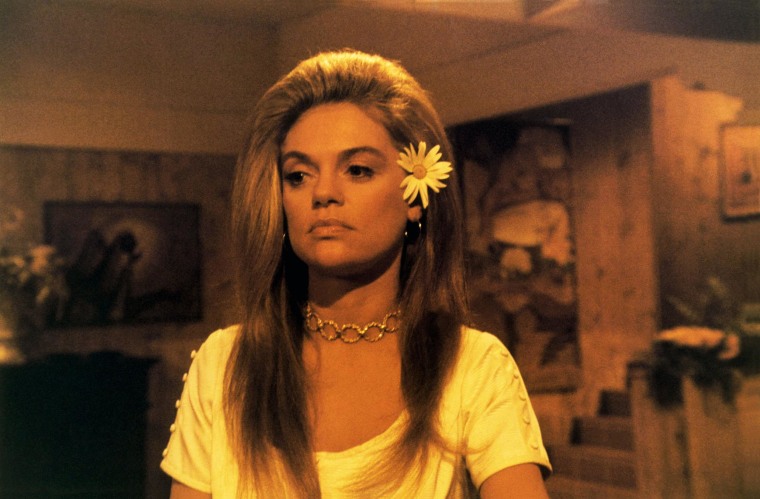
Dyan Cannon's breakthrough character Alice Henderson upstaged Wood's Carol and earned her an Oscar nomination. Alice, at first uncomfortable with her sexually liberated friends, eventually gives in, and in a hilarious scene starts undressing and saying "Orgy!" over and over again.
The orgy never transpires, but Alice still wins. And so does Cannon, as film critic Pauline Kael wrote in The New Yorker in 1969. Describing her as "really brilliant," Kael wrote that Cannon "plays a bitch we don't think is just playing a bitch."
Erica Benton (Jill Clayburgh) in “An Unmarried Woman”
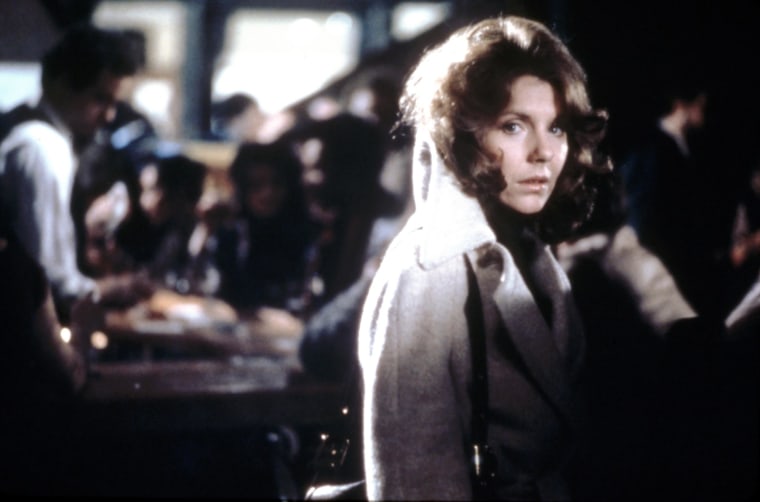
The most highly regarded of Mazursky's films, "An Unmarried Woman," was nominated for Best Picture for an Academy Award. The 1978 film also earned Jill Clayburgh an Oscar nomination and was widely considered her best screen role.
Long before "Sex and the City," Erica Benton and her three best friends were getting together regularly to talk candidly about everything in their lives. Yes, mostly sex. But when Erica's seemingly happy marriage falls apart, she goes through all the expected stages of grief but winds up with a fresh perspective on her own life and her identity. Eventually, Erica is actually happy about her newfound liberation.
Mazursky described the film in a 1978 interview as being "about the subtle place a lot of women find themselves in. Women who are not with two strikes against them from the start: being very poor, being ugly, being very neurotic, having a terrible life."
"This movie is not about those women. I wanted to do a movie about the middle-class women who have very happy lives, a lot of opportunity, for whom things are good — but who, in essence, are psychological slaves. They really live through their husbands, through the man. Even the ones who appear not to be. That’s all the movie’s about.”
Tamara Broder (Anjelica Huston) in “Enemies, A Love Story”
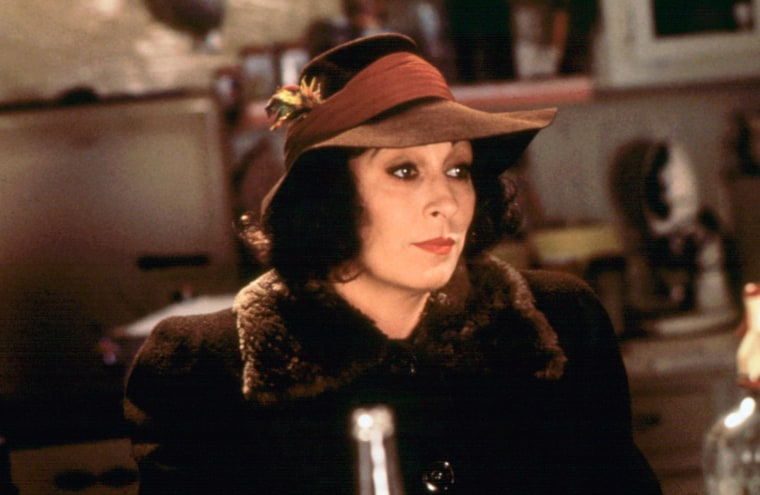
Mazursky's 1989 adaptation of the Isaac Bashevis Singer novel is a dark comedy about ghosts. Set in 1949, "Enemies, A Love Story" follows Holocaust survivor Herman (Ron Silver) who arrives in postwar New York City and marries the Polish servant who hid him from the Nazis and took care of him during the war.
But then he has an affair with another survivor, Masha, and marries her, too. And if that wasn't complicated enough, his first wife, Tamara, who was thought to be killed in the Holocaust, shows up in New York as well.
Huston was nominated for an Academy Award for her portrayal of Tamara, a fiery angry wisecracker.
"Tamara, as played by Ms. Huston, is a sweeping, embittered figure who turns out to know Herman a lot better than he knows himself," The New York Times wrote in a review of the film in 1989.
Masha (Lena Olin) in “Enemies, A Love Story”
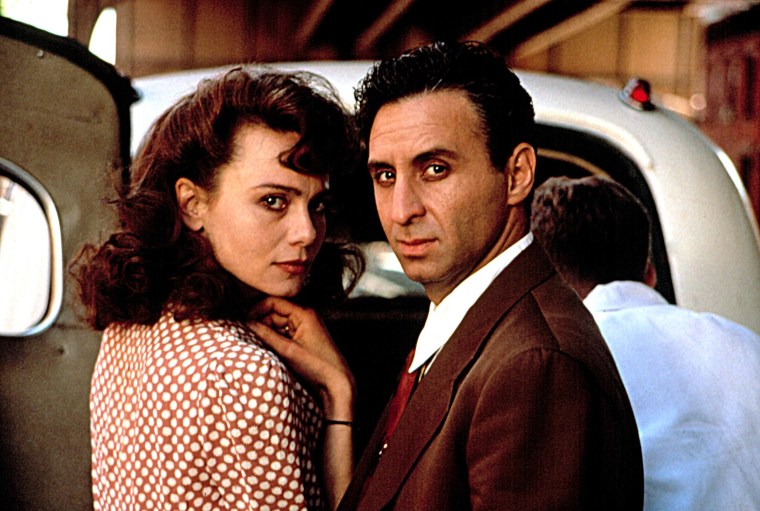
As the true love of Herman's life, Olin also shines. She's neurotic and sexy, and her portrayal earned her an Oscar nomination as well.
"Olin's provocative, husky-throated performance, on the other hand, has a nearly killing absence of irony," a Washington Post 1990 review declared.
"Olin is a ravenously expressive actress; she's a genius at presenting us with her characters, stripped down to their essence, to their most basic desires. As Masha, she seems almost uncannily invested in her emotions, as if somehow she were experiencing a purer concentration of what comes to us only in a much diluted form."
